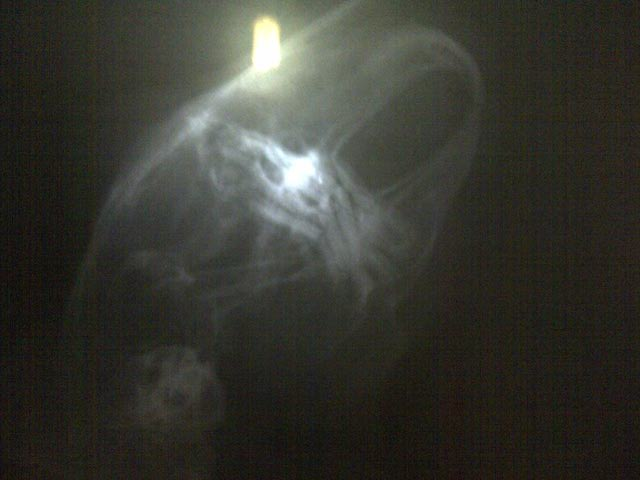QuestionMy 8 month lab was diagnosed with red mange. She has lost quite a bit of hair on her legs and belly, and has open sores from scratching near her ears. The emergency clinic we brought her to, said that she suggests our vet do the dips in the morning, and keep her all day to ensure there is no adverse reactions. Our regular vet says that there is no need to take her in the morning, and is basically going to let us take her home as soon as they are done. They also mentioned pills and injections that may help. In your opinion, what is the toxicity of the dip? Should she be monitored by a vet for several hours after the treament? Do you think the dip is the best solution? Other things I have read say if they are under 1 year to just see if it clears up on its own. I would certainly appreciate any help you could give. We are terribly upset with the breeder that we are going to have to encur such a cost when they should not be breeding the female, and we just want to make sure we make the best decision for a puppy as she is now an integral part of our family. Thanks so much!
AnswerDipping a dog with Amitraz is the best way to treat red mange. Certain oral medications, like ivermectin and milbemycin are OK to use and I use them occasionally in addition to the dips. Some young puppies will be able to get rid of the mange on their own as their immune system develops, but at 8 months of age, her immune system should be competent enough to control the mites. If you don't treat her, she may develop a deep bacterial skin infection called furunculosis caused by the burrowing mites. Don't be too hard on the breeder. Most dogs have some mites on their skin normally and only get mange during periods of stress, when their immunity is down. There are some genetic cases where mange is hereditary, but that is hard to prove.

 Dachshund yeast infection in ear-lameness
Question
Pearl
Hi! My 11 yr. old dachshund has a
Dachshund yeast infection in ear-lameness
Question
Pearl
Hi! My 11 yr. old dachshund has a
 Dry food vs wet food vs raw food..help?!
QuestionHi Ms. Connell,
I have a 5 y-o, neutered, ind
Dry food vs wet food vs raw food..help?!
QuestionHi Ms. Connell,
I have a 5 y-o, neutered, ind
 inquiry..my bunny keeps drolling n grinding his teeth
Question
dental xray xray
Dear Jana,
Hai..
inquiry..my bunny keeps drolling n grinding his teeth
Question
dental xray xray
Dear Jana,
Hai..
 Radioiodine treatment of hyperthyroidism in our cat
Question
Molly
Dear Jana,
I wrote you near the end of
Radioiodine treatment of hyperthyroidism in our cat
Question
Molly
Dear Jana,
I wrote you near the end of
 Our Golded Retriever named Skye
Question
skye tail
my beloved dog skye is about
Our Golded Retriever named Skye
Question
skye tail
my beloved dog skye is about